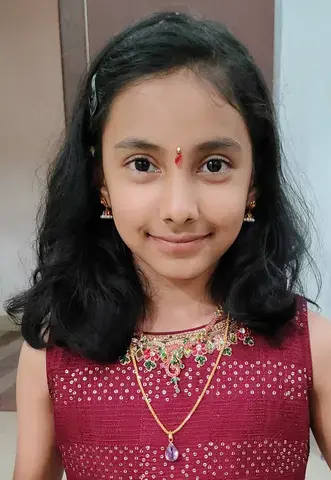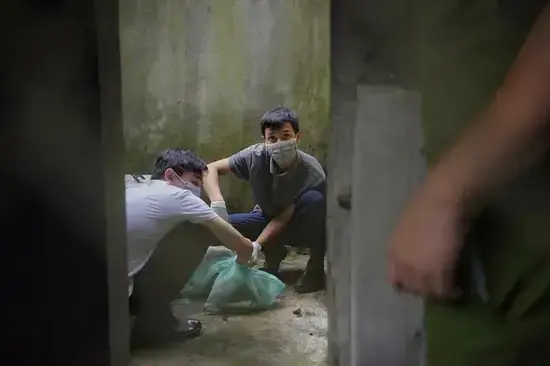This letter features reporting from "Saving Wildlife: Education Key to Changing Mindsets" by Audrey Tan, a Pulitzer Center reporting project
Dear Representative Aswathnarayana,
My name is Aadhyaa Aravind and I am a 3rd grader at Vidya Niketan School, Bangalore. My family and I have always been animal lovers and try to do what we can to protect them. Recently I read an article titled “Saving Wildlife: Education Key to Changing Mindsets” by Audrey Tan on the Pulitzer Center website and I couldn’t agree more with the author. I truly believe that education is the one tool that can be used most effectively to solve many problems that we face today.
Increasing population has put a lot of strain on nature. Trees are being cut to make space for agricultural land and human homes. This is causing wild animals to lose their habitat and is resulting in a constant conflict between humans and wild animals. Uncontrolled hunting of animals to satisfy the world’s ever-increasing food needs has badly impacted the population of animals in the wild. Bringing poaching into the picture makes it a much bigger problem. For example, hunting and poaching pushed Indian cheetahs into extinction. If we don’t act now, we may have to teach future generations about many other animals such as tigers, elephants and rhinos only through photographs in books.
Very often I see people buying goods made of leather–boots, jackets, bags, and belts, to name a few. It deeply pains me to see that we kill animals like crocodiles, snakes, elephants, and rhinos to make their skin into our accessories. I have also come to realize that many people buy these products without fully understanding how they are made. As an eight-year-old who has learned a lot about the good and bad at school, I believe that educating people about the need to be more mindful towards our wildlife will go a long way in solving the above-mentioned problems. In the article, Prof. John Donaldson, who is on the United Nations panel of biodiversity experts, says, “Addressing the causes of unsustainable use and wherever possible reversing these trends results in better outcomes for wild species and the people who depend on them.” Making people aware of the ill effects their actions have on the environment must be the first step towards educating the masses.
Sir, as an elected representative, you have the power to carry out educational outreach programs at various levels. I can suggest a few programs to teach people the importance of conserving our wildlife:
1. Storytelling is probably the most effective way of driving home a point. Hence, street plays about the delicate balance in our environment and the important part that animals and wildlife play in our lives can be told in the form of a story and plays can be performed for the masses.
2. Television and radio are very effective means of communicating to a large audience. Campaigns and advertisements can be run on them. People can be discouraged from buying items that are made by hurting or killing animals.
3. Posters can be put up at public transportation systems like buses, trains and metros to raise awareness.
4. Include a visit to tanneries as part of the school curriculum. When children see how leather is made, it will definitely discourage them from buying such products.
5. Inform people about alternate products available in the market that are nature-friendly and encourage them to use and buy these products instead of the ones that harm the wildlife.
When people realize how cruel we are being towards animals, they will definitely stop buying products that are made by killing them. When the demand for such items reduces, illegal killing and poaching of wild animals will also come down. Humans and animals are all a part of the big food chain. When animals are affected, it will harm us too. Our wellbeing depends on the wellbeing of animals and it is important for us to let them live and care for them.
Sir, I truly appreciate the time you have taken to read my thoughts and ideas. I hope you find value in them and act upon them in ways you think are appropriate.
Thanking you,
Sincerely,
Aadhyaa Aravind

Aadhyaa Aravind Shankar studies in the 3rd grade at Vidya Niketan School, Bangalore, India. She is 8 years old and lives with her parents, younger brother, and grandparents. She is an avid reader, a chess enthusiast, enjoys writing essays, stories, and poems, loves photography, and plays cricket to unwind. She is very aware of the need to protect our environment and does everything in her power to reduce her carbon footprint. She believes that the only true gift that can be passed on from generation to generation is a clean, green Earth.
Read more winning entries from the 2022 Local Letters for Global Change contest!
